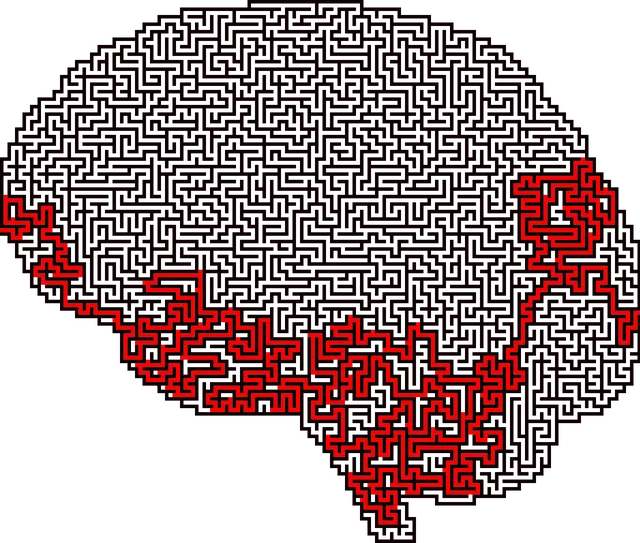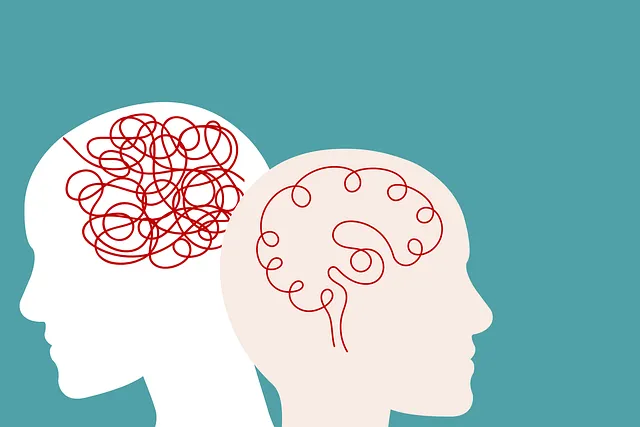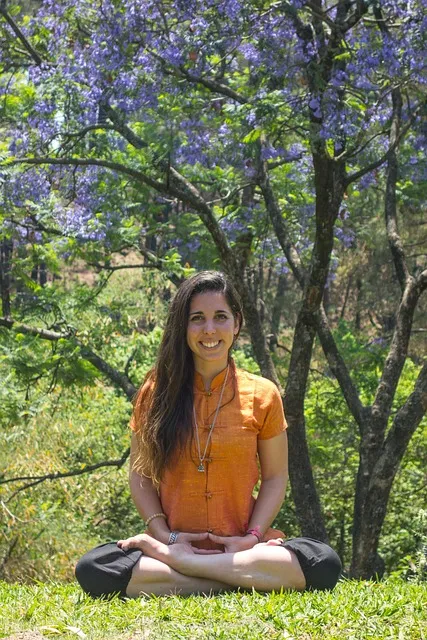Northglenn Kaiser Permanente mental health services utilize trained facilitators to lead supportive group sessions, focusing on open communication, compassion cultivation, and mental wellness coaching. These techniques empower individuals with resilience, self-compassion, and coping strategies, improving emotional well-being and community connections. Through active listening, trauma support, and inclusive practices, these services create safe environments, enhancing mental health outcomes and fostering a sense of belonging among participants.
Mental wellness group facilitation plays a pivotal role in enhancing the effectiveness of Northglenn Kaiser Permanente’s mental health services. This article delves into the art and science of group facilitation, exploring key techniques used by professionals at Northglenn Kaiser Permanente. From understanding the unique dynamics of group sessions to creating safe spaces and fostering active participation, these strategies significantly impact positive mental health outcomes. Learn how effective communication, inclusive environments, and tailored engagement techniques contribute to successful group facilitation in mental healthcare.
- Understanding Group Facilitation in Mental Health Care
- The Role of a Facilitator at Northglenn Kaiser Permanente
- Effective Communication Strategies for Group Sessions
- Creating a Safe and Supportive Environment
- Techniques to Enhance Participation and Engagement
Understanding Group Facilitation in Mental Health Care
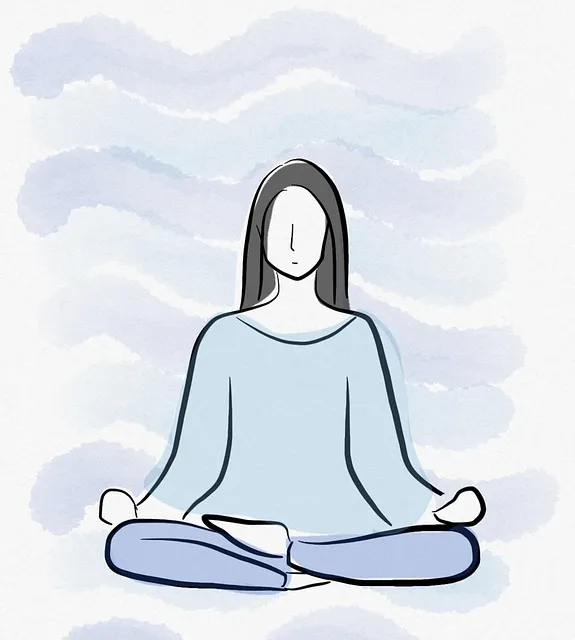
Group facilitation plays a pivotal role in enhancing mental health care, offering a unique and supportive environment for individuals seeking support. At Northglenn Kaiser Permanente mental health services, understanding group dynamics is key to successful treatment. Facilitators act as guides, fostering open communication and creating a safe space for sharing experiences. This collaborative approach encourages members to build upon each other’s insights, promoting active participation and personal growth.
The integration of Compassion Cultivation Practices and Mental Wellness Coaching Programs Development within these groups has proven effective in various mental health contexts. By incorporating techniques that cultivate empathy, self-compassion, and resilience, facilitators can aid individuals in navigating challenging emotions and fostering positive relationships. Such practices are particularly valuable in preventing issues like depression, emphasizing the importance of group facilitation in holistic mental wellness care.
The Role of a Facilitator at Northglenn Kaiser Permanente

At Northglenn Kaiser Permanente, mental health services are at the heart of their mission to support the holistic well-being of the community. In this context, facilitators play a pivotal role in guiding and fostering an environment that encourages open dialogue and personal growth. Their primary task is to facilitate group sessions designed to enhance mental wellness, focusing on techniques that cater to diverse needs. These facilitators are adept at employing various methods, from Depression Prevention programs to Compassion Cultivation Practices, ensuring each participant feels heard and supported.
Through active listening and empathetic engagement, they create a safe space where individuals can explore their mental health journeys together. Mental Wellness Coaching Programs Development is another key aspect of their work, as they tailor sessions to promote resilience, self-care, and coping strategies. By fostering connections and nurturing a sense of community, these facilitators enable participants to navigate challenges collaboratively, ultimately contributing to improved mental wellness outcomes within the Northglenn Kaiser Permanente community.
Effective Communication Strategies for Group Sessions
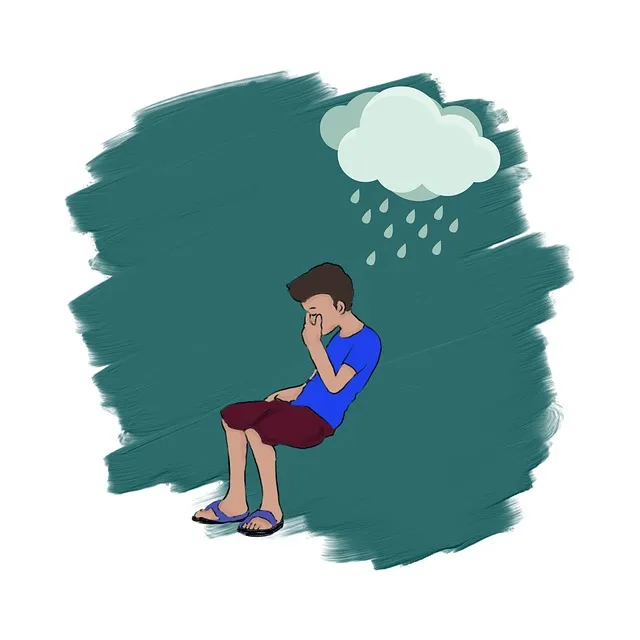
Effective communication strategies are essential for facilitating productive group sessions at Northglenn Kaiser Permanente mental health services. Encouraging open dialogue requires a balanced approach that fosters both active participation and empathetic listening. Group facilitators should model active listening by paraphrasing and summarizing member statements, ensuring everyone feels heard and validated. This technique not only strengthens connections among group members but also creates a safe space for sharing experiences and insights.
Additionally, incorporating self-esteem improvement exercises and mental illness stigma reduction efforts can further enhance group dynamics. Compassion cultivation practices, such as mindful communication and positive reinforcement, can help foster an atmosphere of acceptance and support. By integrating these strategies, facilitators enable members to build resilience, cultivate understanding, and ultimately contribute to a more inclusive and beneficial group environment for all participants.
Creating a Safe and Supportive Environment

In facilitating mental wellness groups, establishing a safe and supportive environment is paramount for effective treatment. At Northglenn Kaiser Permanente mental health services, this involves creating a space where all participants feel welcomed, respected, and understood. Trained facilitators play a crucial role in cultivating such an atmosphere by actively listening to members, validating their experiences, and fostering open communication. This non-judgmental approach encourages individuals to share their stories and challenges without fear of criticism, thus strengthening the therapeutic bond within the group.
Additionally, integrating Trauma Support Services into the group dynamic can significantly enhance mental wellness. By addressing past traumas and promoting mood management strategies, facilitators enable members to develop coping mechanisms tailored to their unique needs. This holistic approach ensures that each individual feels empowered to navigate their mental health journey with support and dignity, ultimately contributing to a more inclusive and effective therapeutic experience for all participants.
Techniques to Enhance Participation and Engagement

In facilitating mental wellness groups at Northglenn Kaiser Permanente, engaging participants and fostering active involvement are key to successful outcomes. One effective technique is encouraging open dialogue and peer support. Creating a safe and non-judgmental environment allows members to share their experiences and insights freely. This not only promotes emotional regulation but also fosters a sense of community among peers facing similar challenges. Group leaders can prompt discussions on topics like coping strategies, self-care practices, or personal growth journeys.
Additionally, incorporating interactive activities and exercises can significantly enhance participation. These might include group mindfulness meditation sessions to improve focus and reduce stress, creative expression workshops for emotional release, or even simple icebreakers to help members get to know one another better. By integrating techniques such as these, mental health services at Northglenn Kaiser Permanente cater to diverse learning styles and ensure every participant feels valued and motivated to contribute.
Group facilitation plays a pivotal role in enhancing mental wellness within healthcare settings, such as Northglenn Kaiser Permanente’s innovative approach. By implementing effective communication strategies and creating safe spaces, facilitators foster profound connections among group members. These techniques not only encourage participation but also revolutionize the way individuals navigate their mental health journeys. The Northglenn Kaiser Permanente mental health services exemplify how group facilitation can be a powerful tool, offering support, engagement, and a sense of community for those seeking to improve their mental wellness.
